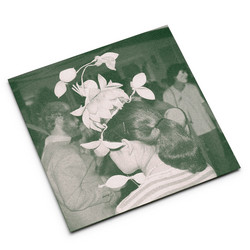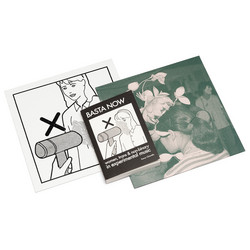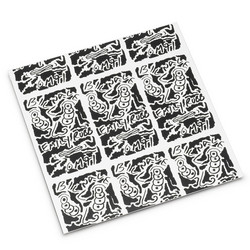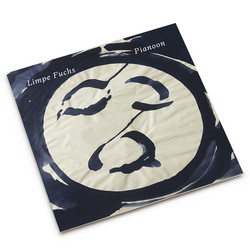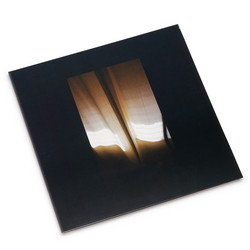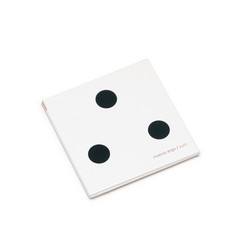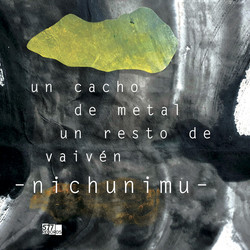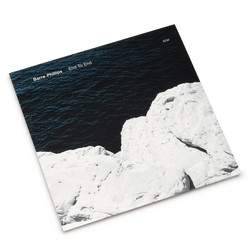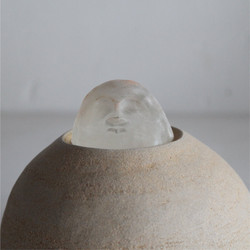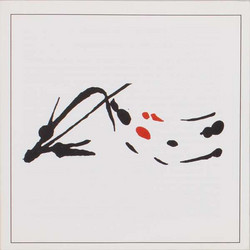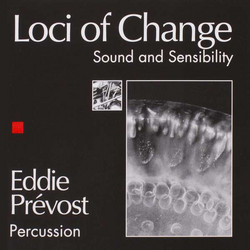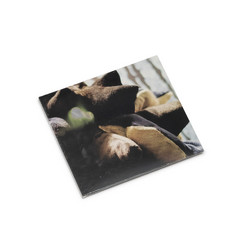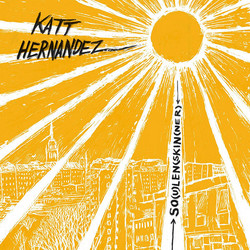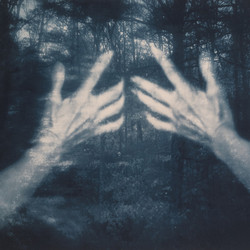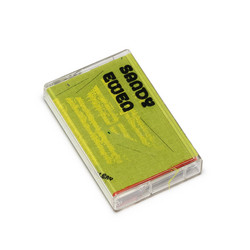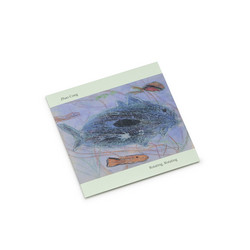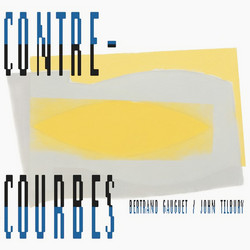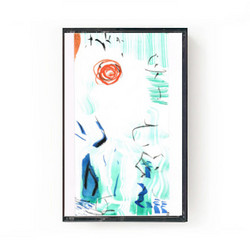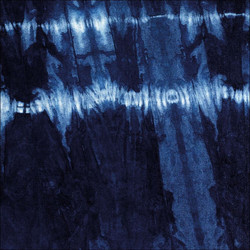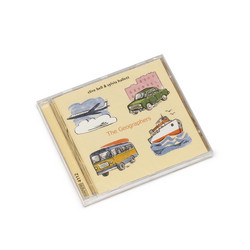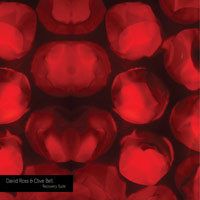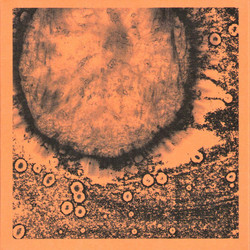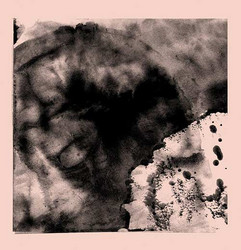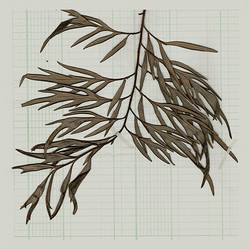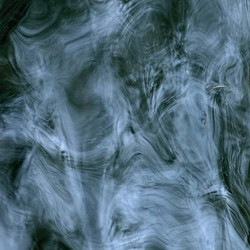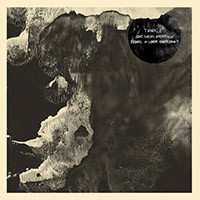Asakusa Follies is a luminous scene of interplay between melody, breath, and the shakuhachi flute. Following on from the initial triptych of electro-acoustic releases on the Cuspeditions imprint, Clive Bell’s Asakusa Follies shifts the listener away from the studio and toward the player himself. Breath is a central theme in the album where a punctuation of purring, spitting, flicking and gasping intersects the tones, overtones and noise of the shakuhachi. The opening composition Ultramodern Variety makes it immediately apparent that this is no traditional exploration of the Japanese bamboo flute but something altogether unique. Bell’s personal shakuhachi technique is highlighted in the four solo pieces of the album, and reveals a revisionist approach to the instrument which still honours it’s traditional elements. The distant low of the album opener flutters with multiphonics, deep in tone and subdued. Golden Bat Cigarettes celebrates the meeting of breath and bamboo where the mouth and hands on wood buzz then snaps in exhale before drifting toward eerie overtones hanging amidst silence. The two closing pieces, Five Story Pagoda and Idle Reminiscence, explore the shrill upper registers of the flute that keen in and out of silence, melody and breath-noise shifting the ears from inside Clive Bell’s mouth, to hearing from somewhere afar. A trio of shakuhachi flutes interweave to create Silk Factories, which float gently in and out of unison. Pi-Saw is double tracked on The Red Sash Society where chords abruptly drop into one another, wavering in modulation. The Scarlet Gang is a resting point and site of contemplation. Hmong Khene is here warm and melancholic and gives the listener a moment to bask in a sensitive cycling sequence of chords. Erotic Grotesque weaves more overdubbed shakuhachi, overblown and textural with two distinct melodies intertwining as lovers in dark and empty space. The album takes inspiration from Yasunari Kawabata’s 1930 novel The Scarlet Gang of Asakusa. In Kawabata’s novel, the reader is lead through the vibrant and hedonistic Tokyo district by a wandering narrator, and this sense of wandering is captured in Bell’s improvisations :the shakuhachi is a restless and shifting path to follow toward contemplative calm in the bulbous swelling of reeds.
